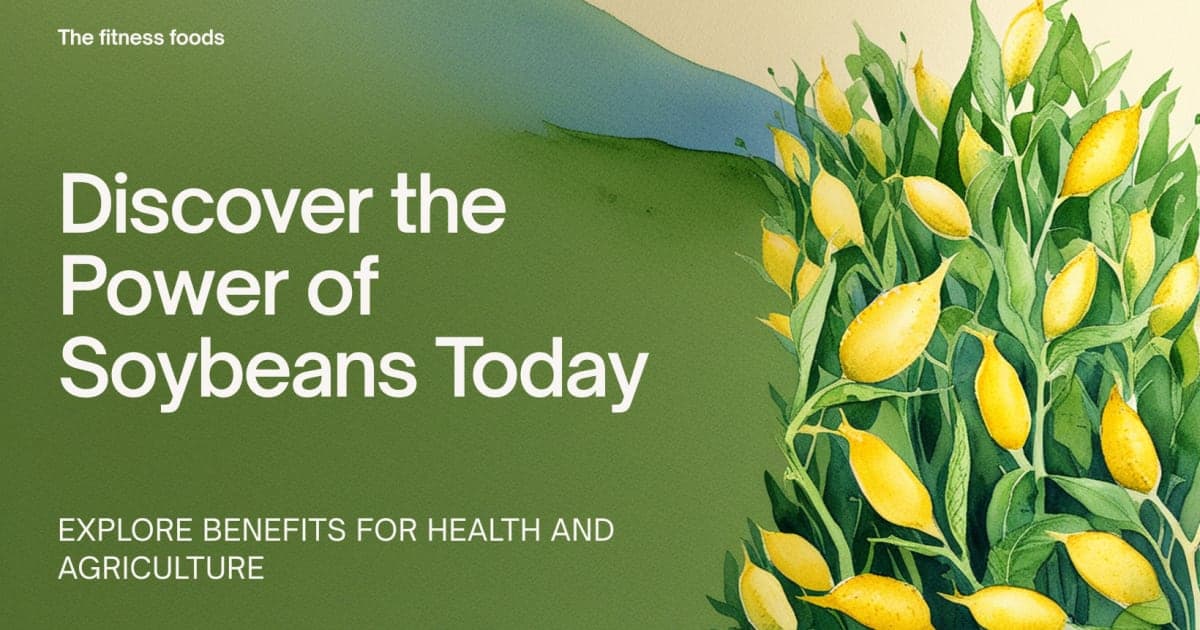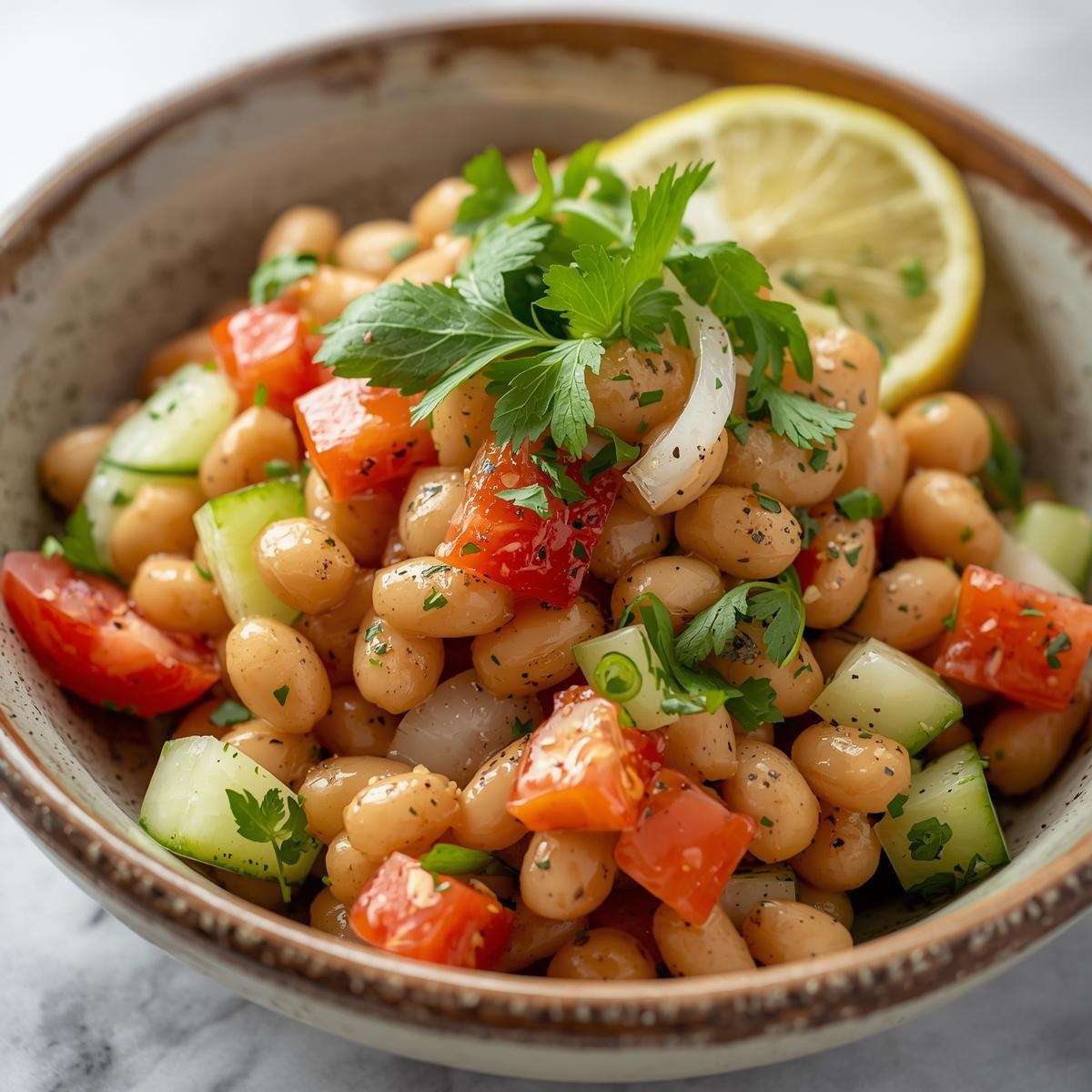The Importance of Soybeans: A Versatile Crop for a Sustainable Future

Soybeans have become one of the most significant crops in global agriculture, playing a vital role in food production, animal feed, and various industrial applications. Their versatility and nutritional value make them a staple ingredient in many diets and products around the world.
Nutritional Benefits of Soybeans
Soybeans are packed with protein, making them an excellent source of plant-based nutrition. They contain all nine essential amino acids, which are crucial for human health. In addition to protein, soybeans provide fiber, vitamins, minerals, and healthy fats, all of which contribute

to a balanced diet.
Key Nutrients in Soybeans:
Protein
Fiber
Iron
Calcium
Magnesium
Vitamin K
Uses of Soybeans
Soybeans are incredibly versatile and are used in a wide range of products:
Food Products: Tofu, soy milk, tempeh, edamame, and soy sauce are just a few examples of popular soy-based foods.
Animal Feed: Soybean meal is a primary ingredient in livestock and poultry feed due to its high protein content.
Industrial Uses: Soybeans are utilized to produce biodiesel, plastics, inks, and other environmentally friendly products.
Environmental Impact
Soybeans are considered a sustainable crop because they can fix nitrogen in the soil, reducing the need for synthetic fertilizers. This natural process helps improve soil health and supports sustainable farming practices. However, responsible cultivation is essential to prevent deforestation and protect biodiversity.
The Future of Soybeans
As the demand for plant-based foods continues to rise, soybeans are expected to play an even greater role in feeding the world’s population. Innovations in agriculture and food technology are expanding the uses of soybeans, making them a key crop for a sustainable future.
Conclusion
Soybeans are more than just a crop—they are a cornerstone of modern agriculture and nutrition. Their versatility, nutritional value, and environmental benefits make them a crucial component of a sustainable food system.
Comments
No comments yet. Be the first to comment!
